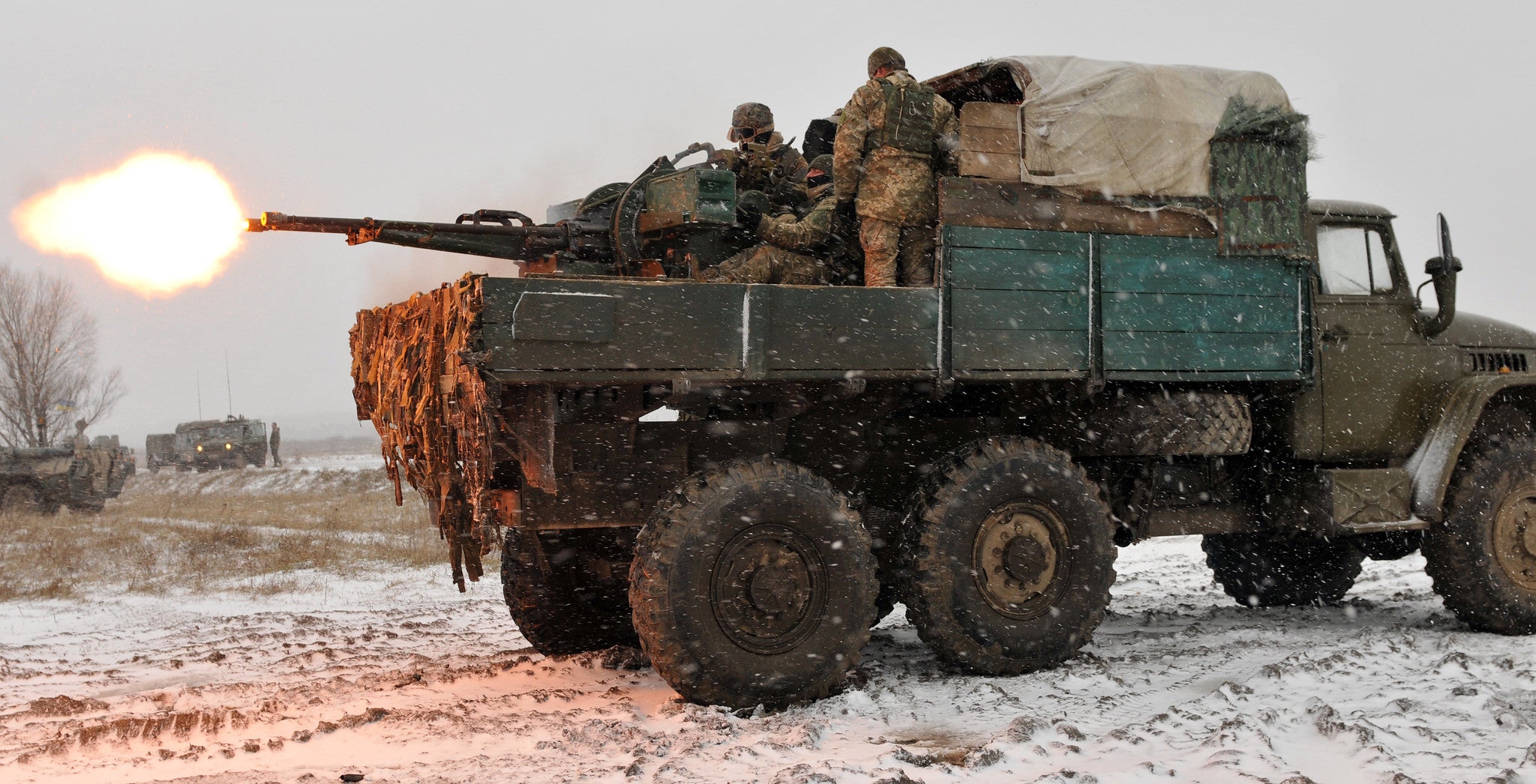
Understand the impact of the Ukraine conflict from a cross-sector perspective with the Global Data Executive Briefing: Ukraine Conflict
Ukrainian government enterprise Ukroboronprom has signed an agreement with six Nato allied and partner nations to jointly develop and manufacture heavy weapons and military hardware.
It was announced by Ukroboronprom in a media statement on 18 November.
The six countries include Poland, the Czech Republic, France, and Denmark, among others. Ukroboronprom’s statement said that the agreements ‘do not allow for [the] disclosure of any details.’
Apart from military equipment production, the new deal will see Ukroboronprom increase the production of various calibres of ammunition and the establishment of service hubs to perform weapons’ maintenance and repair related work.
The Ukrainian enterprise will also set up joint research centres to work in the field of high technologies.
The execution of the planned efforts will also involve the donation of funds from different countries, as well as Ukrainian and Czech defence enterprises.
The UK Government has pledged to deliver an additional £50m package comprising air defence systems for Ukraine.
This was finalised during British Prime Minister Rishi Sunak’s recent visit to Kyiv, where he met Ukrainian President Volodymyr Zelenskyy on 19 November.
The new tranche includes a total of 125 anti-aircraft guns and other technology to deter Iranian developed and supplied drones, radars, and anti-drone electronic warfare systems that are being used by Russian military forces.
According to the UK Government, the defence systems will safeguard the Ukrainian forces and population from the ‘intense barrage of Russian strikes’.
Sunak said: “We are today providing new air defence, including anti-aircraft guns, radar, and anti-drone equipment, and stepping up humanitarian support for the cold, hard winter ahead.”
The country is also sending winter kits and supplies for the Ukrainian soldiers to fight the extreme cold winter.







